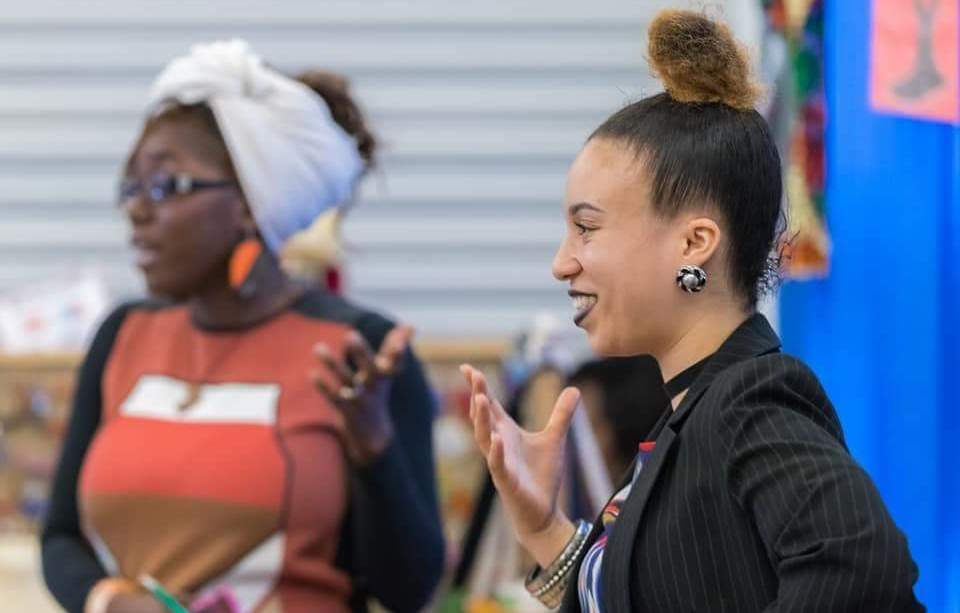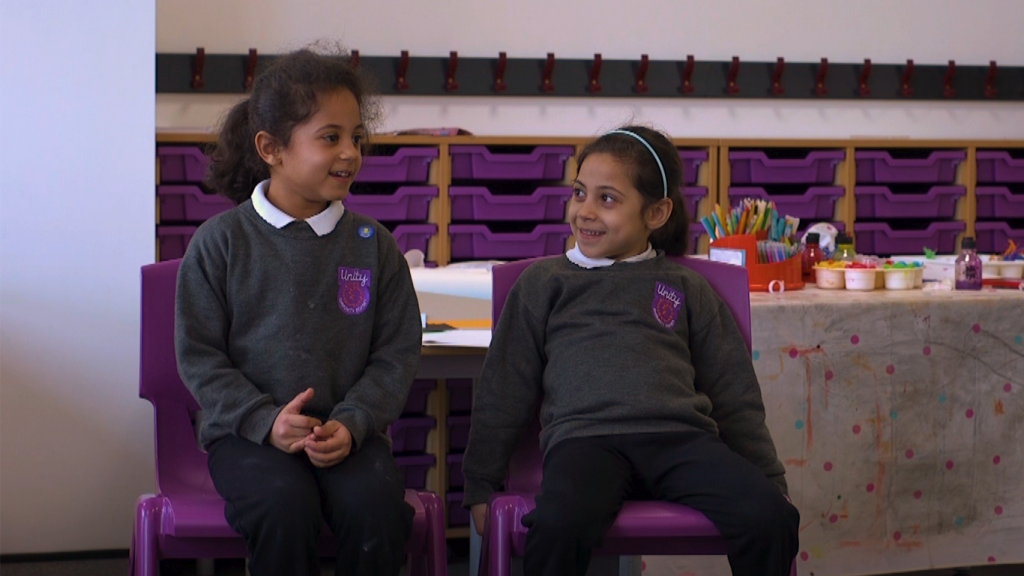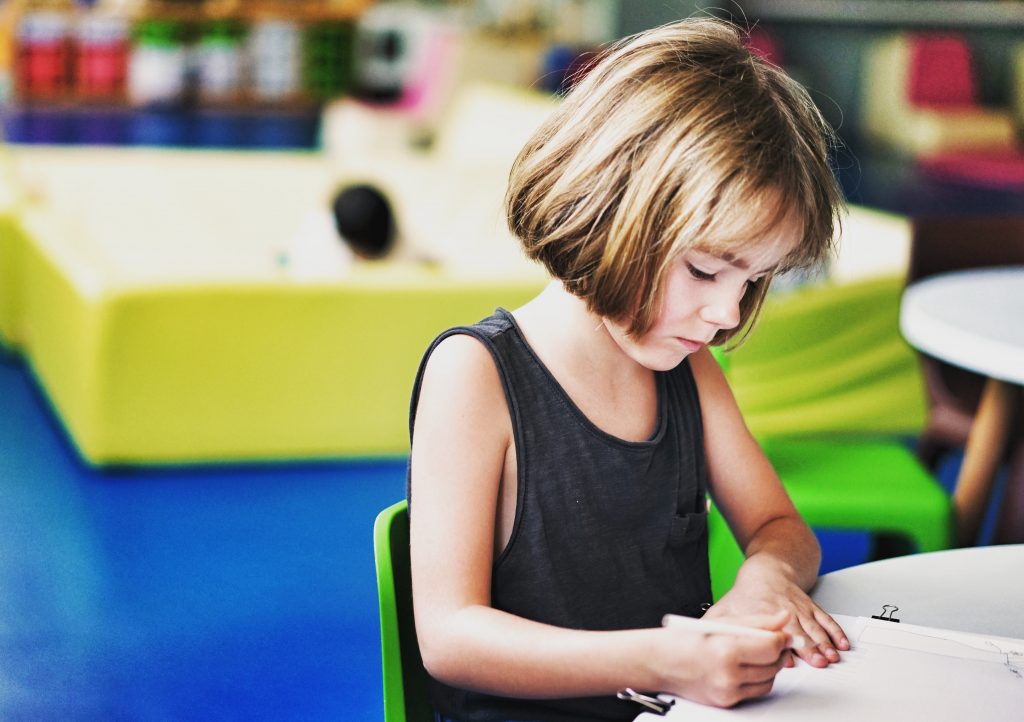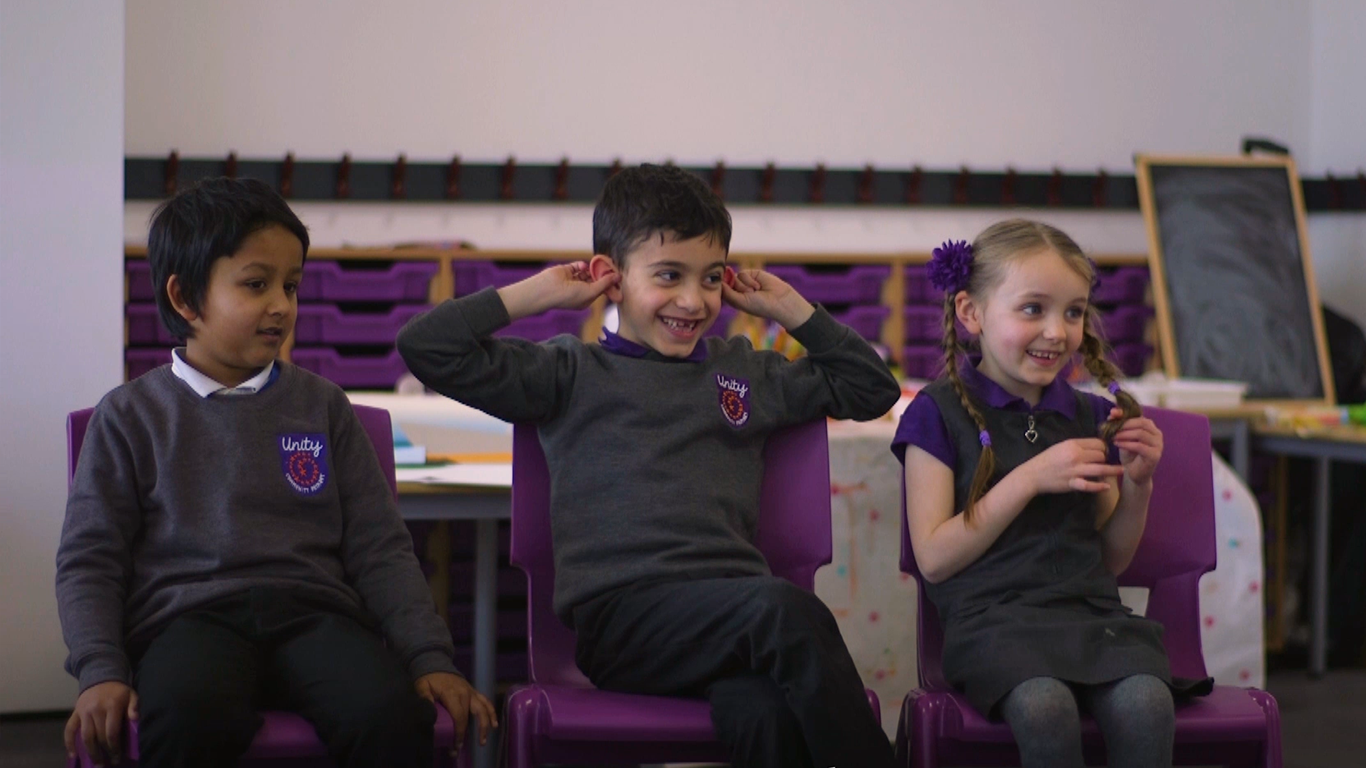Most of us will remember dreading something at school. It might have been PE, it might have been history – but it probably won’t have been human rights.
That’s because, despite being protections which benefit us all, our human rights aren’t a mandatory part of the curriculum in primary schools.
It’s an odd concept – rights protect us against discrimination, safeguard our dignity, family lives and privacy, and apply in all areas of our lives, whether we’re at home, school, or work. So why aren’t we equipping our young people with the knowledge they need to feel empowered about their rights?
A Need To Empower Young People and Correct Injustice

Image Credit: Supplied by Interviewee
There’s been little research into the impact a lack of human rights education has for children, but a Canadian study has found children are most receptive to learning about rights when they’re framed in terms of how they can help them in their daily life.
It’s a concept that struck a chord with 26-year-old Asaybi Snape, who is now campaigning for human rights to be a permanent part of schooling.
“I originally came up with the idea because of the environment I grew up in,” she tells RightsInfo on the phone from Birmingham. “A lot of young people like me were harassed by the police and we just didn’t know our rights in those instances.”
We’re not taught or educated on any of these things that we need to know. That’s not fair, it’s a bit of an injustice.
Asaybi Snape
For Asaybi, fairness is at the heart of the issue. “We’re not taught or educated on any of these things that we need to know,” she says. “I thought ‘well, that’s not fair, it’s a bit of an injustice’. Without knowing these things, without knowing your human rights, how do you protect yourself? The very thing that is given to us to protect our life, or our right to education. I find it very empowering having that information, but a lot of young people and adults don’t have that.”
Since then, she’s launched her own business to engage young people with politics and social change, as well as a petition to get human rights locked into teaching at a national level. She’s also surveyed hundreds of people, adding that “every single young person has said they want to learn about it”.
A Need for Clear and Accessible Information
 Image Credit: Jack Satchell / RightsInfo
Image Credit: Jack Satchell / RightsInfo
However, human rights education isn’t just about laws – it’s about making the information accessible and understandable. “The jargon… it took me a while to get my head around it actually,” says Asaybi.
“I’m dyslexic and dyspraxic, it was really like ‘ok, all of these new gigantic, enormous words to describe that‘. They’re not even English, it’s a different language.”
Creating accessible human rights education is also one of the main building blocks of UNICEF’s Right’s Respecting Schools Award. The programme, which aims to incorporate rights education into the classroom, currently has more than 4,800 UK schools signed up.
Making rights education part of “daily school life” is key, according to Frances Bestley, the programme coordinator.
“Where children are respected,” she tells RightsInfo, “their talents are nurtured and they’re able to thrive. Embedding these values gives children the best chance to lead happy, healthy lives and to be responsible and active citizens.”
Embedding these values gives children the best chance to lead happy, healthy lives and to be responsible and active citizens.
Frances Bestley, Rights Respecting Schools Award
“Growing up can be tough. Childhood is changing, and young people today must prepare to navigate a fast-paced world where competition for jobs is intensifying and social interactions are played out publicly and permanently online.
“We believe that in order to face these challenges and grow up healthy, happy, and safe, children must have their rights protected.”
Frances also points to recent remarks from the UN Committee on the Rights of the Child that the UK Government should make right’s education mandatory in schools. The UK signed up to the Convention on the rights of the child in 1991, meaning it should take action on any recommendations.
‘I Signed Up Before I Even Opened The School’

Image Credit: Pan Xiazchen / Unsplash
But just how difficult is this in practice? Not very, according to Jude Lee, headteacher of Unity Community Primary School in Manchester.
“The whole school ethos is about developing considerate and respectful citizens,” she explains to RightsInfo. “It was important to start with children’s rights, so we have embedded them from the very early stages of developing the school. I signed up for the award before the school even opened.”
Parents have reported to us that children go home and tell them about rights!
Jude Lee, Unity Community Primary School
Staff at the school carry reference cards on their fobs, so they can constantly talk about rights in accessible language at all times, and specific rights are linked to topics already being covered, as well as making sure all policies reference the UN Convention on the Rights of the Child. There is, of course, some specific rights education within PSHE lessons too.
And according to Jude it’s working. “The children talk confidently about their rights and have a good understanding of them and how they should be respected for all children. Parents have reported to us that children go home and tell them about their rights!”
‘It Makes a Huge Difference’
The simple idea of making rights part of existing lessons is also the basis for Realising Rights, a collaborative group which hopes to lobby the Government to make a firm commitment to rights-based education.
“We know that when individuals and organisations understand how to make human rights real and part of daily living, it makes a huge difference,” co-founder and director Edward Waller tells RightsInfo.
With colleagues from Amnesty, the Bingham Centre for the Rule of Law, the British Institute of Human Rights and Liberty, as well as leading academics, the group want to help people “realise their own and other’s human rights”. And it’s not just about education – it’s the knock-on effect for both society, and the rest of our lives.
“Greater mutual respect for human rights is a central requirement for achieving a more cooperative and inclusive world,” Edward explains – or, as Asaybi simply says, a “fairer society, and more empathy for our differences”.







